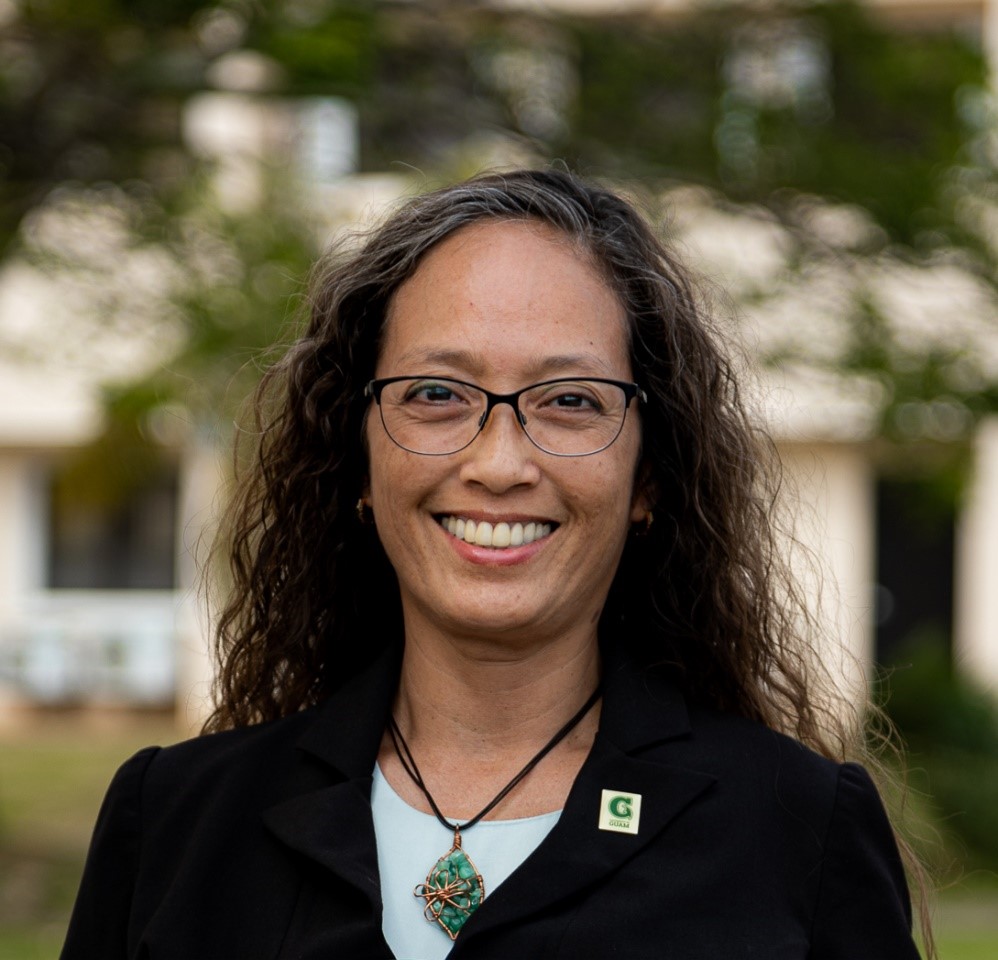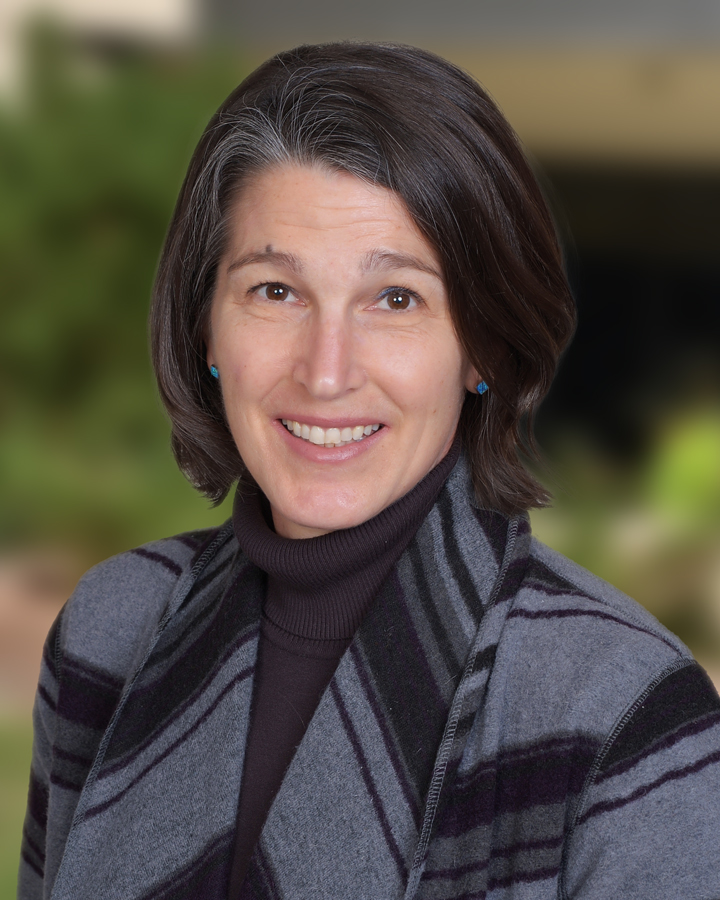Administrative Holds Sidebar
What Are Administrative Holds?
The No Holding Back project emerged amidst increased public and legislative scrutiny of the use of holds on student accounts in postsecondary educational institutions. WICHE and the American Association of Collegiate Registrars and Admissions Officers (AACRAO) responded to interest from chief academic officers and partnered with 12 public universities and colleges in the U.S. West to better understand the use of holds, including how they impact student success. This important work was generously supported by Ascendium Education Group and Lumina Foundation.
Watch this 3 minute video describing the many types of administrative holds, and why is this important.
About the Project
The public postsecondary institutions selected to participate in the No Hold Back collaborative learning community were California State University Fullerton, Central Washington University, Eastern Oregon University, Flathead Valley Community College (Montana), Great Basin College (Nevada), Idaho State University, Laramie County Community College (Wyoming), Portland State University (Oregon), University of Alaska Southeast, University of Arizona, University of Guam, and University of Nevada, Las Vegas.
These 12 institutions worked both individually and collaboratively over the course of a year (August 2022 – August 2023) to build upon existing research about holds usage and to analyze administrative hold data at their institutions.
These nine universities (yellow) and three community colleges (gray) were selected for their readiness to undertake a broad holds assessment, and the range of public institution settings they represented:
- Seven institutions with 30%+ Pell recipients
- Five minority serving institutions
- Ranging in size from 1,500-40,000 degree-seeking undergraduates per year
- Located in rural and urban settings
- Using Banner, Peoplesoft, Colleague, and/or CAMS Enterprise student information systems
Because administrative holds can be wide-ranging and their use commonplace, these institutions convened cross-functional teams of administrative leaders, registrars, bursars, enrollment specialists, and directors of information technology and institutional research to set their framework, analyze their policies and data, and move forward on their goals to optimize the use of holds on their campus.
Throughout the yearlong project, these 12 institutions shared information through:
- An application to the project
- Participation in a kickoff retreat and pre-assessment
- Pilot testing of a data collection and analysis protocol
- Participation in virtual meetings highlighting progress and institutional findings
- Structured team debriefings
- Written final summaries and a post-assessment about policy environments and changes underway
- Making students available to provide their perspectives in focus groups
The collective approaches, learnings, strategies, and solutions that the institutions developed over the course of the year culminated in tools and learning resources that present potential starting points for other institutions to assess their own usage of administrative holds. These tools include:
- Downloadable templates for compiling and performing basic quantitative analysis
- Planning guides
- Testimony, profiles, and examples from institutions
- Student experiences with holds
The situations and findings represented by these resources demonstrate a variety of contexts familiar to many public two- and four-year colleges across the country, and in many cases, reiterate what other research has found. These resources refer to a robust amount of qualitative and quantitative information surfaced in this year-long participatory research project. However, these do not exhaustively address all possible settings and more research and replication is needed to identify what activities could be characterized as “best practices”.
What Participants are Saying
 “The University of Guam participated in the No Holding Back project in hopes of identifying recommendations for policy and practice transformations which directly support the success of students we serve. The project provided the opportunity to learn best practices from participating institutions, WICHE, and industry professionals committed to supporting students from low-income backgrounds, students who are first in their family to attend college, or students of color in their educational retention and success.”
“The University of Guam participated in the No Holding Back project in hopes of identifying recommendations for policy and practice transformations which directly support the success of students we serve. The project provided the opportunity to learn best practices from participating institutions, WICHE, and industry professionals committed to supporting students from low-income backgrounds, students who are first in their family to attend college, or students of color in their educational retention and success.”
– Marlena Pangelinan | Vice Provost for Institutional Effectiveness, University of Guam
WICHE invites feedback and contributions to this body of knowledge!
For more information, please contact:
Peace Bransberger
Director, Programs and Evidence, Policy Analysis and Research, and Programs and Services
Peace Bransberger
Director, Programs and Evidence, Policy Analysis and Research, and Programs and Services
303.541.0257pbransberger@wiche.edu
Peace Bransberger leads the production and analysis of WICHE’s projections of high school graduates, research on the use of administrative holds, and other transfer, equitable college access, success and financing initiatives. Previously, Peace was a consultant and evaluation researcher with the Aspen Institute’s Economic Opportunities and Workforce Strategies Initiatives and Westat, in Washington, DC. Peace is a former foster youth and was the first in her family to graduate, with an M.A. from the American University in Washington, DC, B.A. from St. Cloud State University, in Minnesota and an adult educator license.

Olivia Tufo
Manager, Community Engagement and Development, Programs and Services
Olivia Tufo is the manager of community engagement and development for the Programs & Services unit at the Western Interstate Commission for Higher Education (WICHE). The Programs and Services unit broadens student access to postsecondary education and fosters higher education collaborations that increase institutional effectiveness. Tufo manages membership of the Western Alliance of Community College Academic Leaders and the Western Academic Leadership Forum. Tufo also works on initiatives that bring together the West’s higher education leaders to address common goals and issues, such as the No Holding Back study and the Interstate Passport Network which aims to streamline the student transfer process through a nationwide network of institutions.
